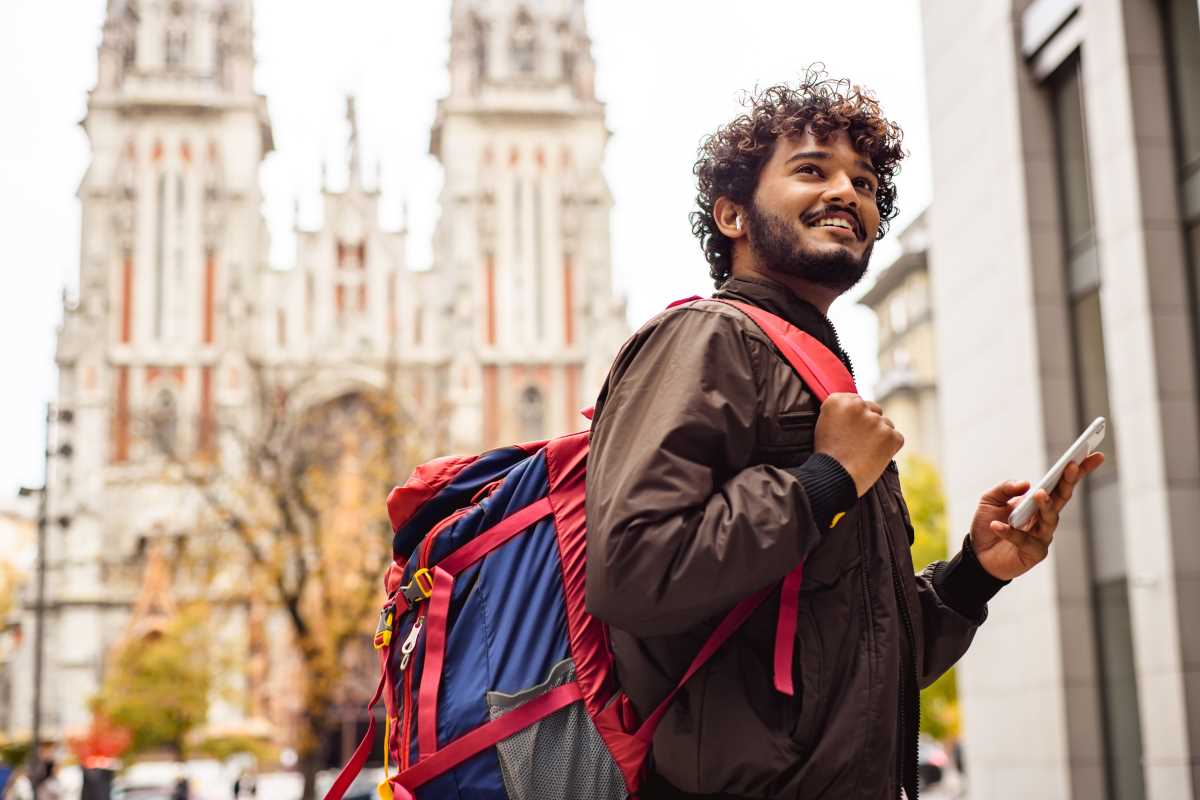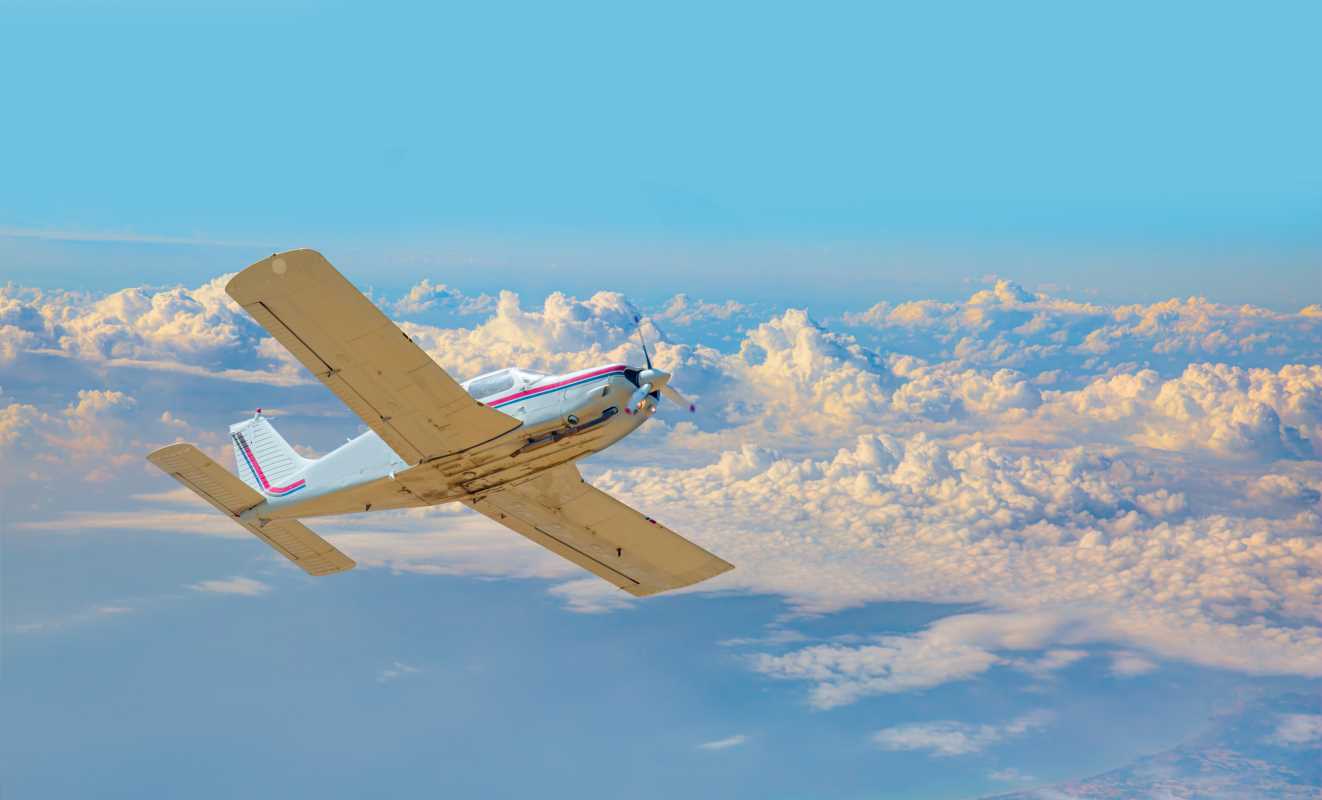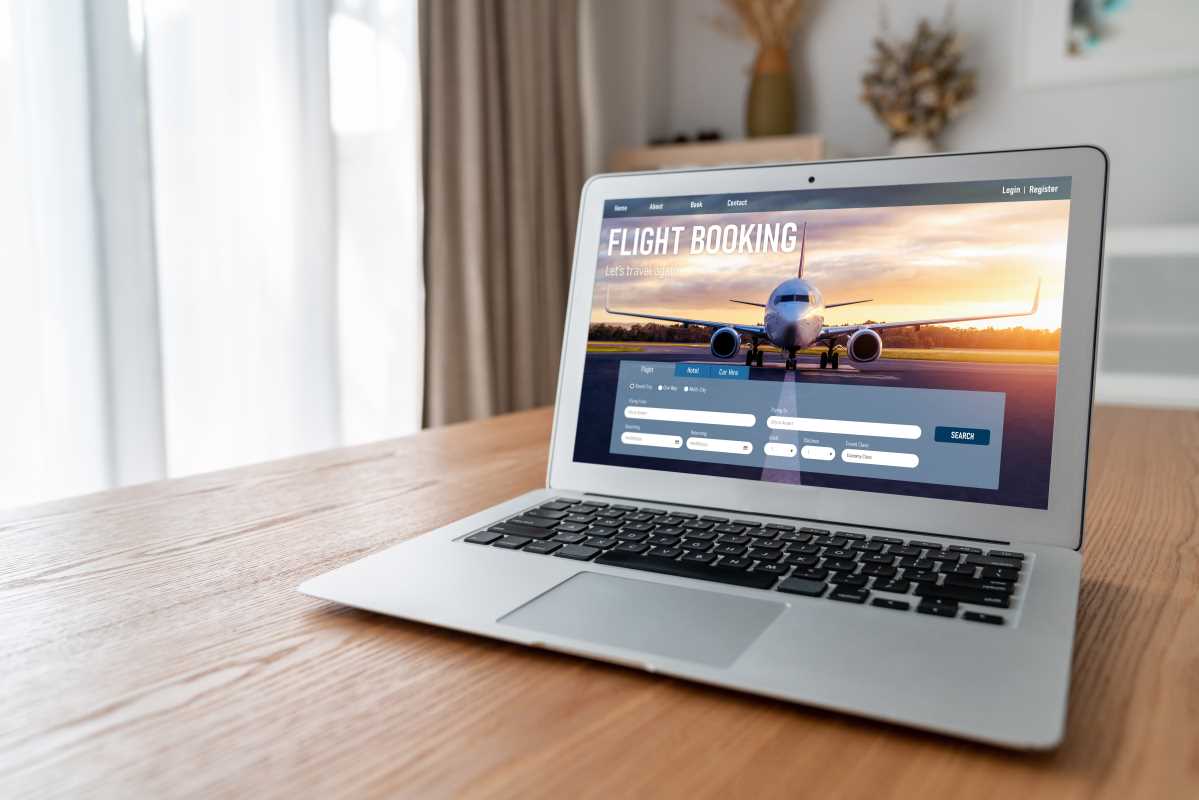Traveling internationally is an exciting opportunity to immerse yourself in new cultures, savor unique flavors, and create unforgettable experiences. Whether you're strolling through historic streets, trying exotic dishes, or meeting people from different walks of life, the possibilities are endless. However, to make the most of your adventure, it’s crucial to prioritize safety while abroad. A little preparation can go a long way in ensuring a stress-free, enjoyable trip. From securing your valuables to understanding local customs and preparing for unexpected emergencies, there are simple yet essential steps you can take to protect yourself and your belongings. With the right precautions, you can focus on creating memories without unnecessary worries. Here are seven practical tips to help you stay safe and confident as you embark on your next adventure.
1. Research Your Destination Thoroughly
Preparation is the foundation of a safe trip. Before you leave, take the time to research your destination in depth to understand the local customs, laws, and potential risks.
What to Research:
- Local Laws: Every country has its own rules, and what’s acceptable at home might be illegal elsewhere. For instance, chewing gum is prohibited in Singapore, and certain hand gestures can be offensive in other cultures.
- Neighborhood Safety: Identify safe and less-safe areas to visit, particularly if you’re traveling alone or planning to explore at night.
- Health Precautions: Learn about any vaccinations or medications you might need for the region you’re visiting.
Tip: Check your government’s travel advisory website for the most up-to-date safety information. These sites often cover political stability, areas to avoid, and local services to help travelers.
2. Stay Aware of Your Surroundings
Whether you’re exploring bustling city streets or quiet rural paths, staying mindful of your surroundings is crucial. Tourist hotspots, in particular, can attract pickpockets and scammers.
How to Stay Alert:
- Avoid distractions like looking at your phone for long periods while walking or waiting for public transportation.
- Be wary of overly friendly strangers offering unsolicited help or deals that seem too good to be true.
- Keep an eye on your valuables in crowded areas such as markets, train stations, or landmark attractions.
Tip: Blend in with the locals by dressing appropriately for the culture and avoiding flashy clothing or jewelry that may draw attention.
3. Protect Your Valuables
Losing important belongings like your passport, phone, or wallet can disrupt your trip and cause unnecessary stress. Take precautions to keep your valuables secure at all times.
Smart Ways to Protect Your Items:
- Use a money belt or an anti-theft backpack with hidden zippers and compartments.
- Carry only what you need for the day, leaving extra cash, credit cards, or important documents secured in your hotel safe.
- Photocopy essential documents like your passport, ID, and itinerary so you have backups in case the originals are lost or stolen.
Tip: Consider using RFID-blocking wallets to protect your credit cards and passport from digital theft.
4. Prioritize Health and Hygiene
Staying healthy while abroad is just as important as handling your belongings. Exposure to different climates, cuisines, and environments can sometimes lead to illness if you’re not careful.
Health Tips for Travelers:
- Carry a travel-sized first aid kit with items like pain relievers, bandages, antiseptic wipes, and any prescription medication you need.
- Drink bottled water in areas where tap water may not be safe, and avoid ice unless you’re certain of its source.
- Wash your hands frequently or use hand sanitizer, especially before eating or after using public transportation.
Tip: If you’re trying unfamiliar foods, start small to avoid overwhelming your stomach with new spices or ingredients.
5. Secure Your Accommodations
Your accommodation is your home base while traveling, so ensuring it’s safe and secure is a critical step. Whether you’re staying in a hotel, a rental, or a hostel, take steps to protect yourself and your belongings.
Accommodation Safety Tips:
- Research reviews before booking to confirm the property is in a safe location and has good security measures.
- Always lock your doors and windows when you leave or go to sleep. If available, use a secondary lock or portable doorstop for added protection.
- Avoid sharing your room number or specific location with strangers.
Tip: Use a small luggage lock to secure your bags, especially if you’re leaving them unattended in a shared space like a hostel dormitory.
6. Stay Connected and Keep Loved Ones Updated
Being able to communicate with friends, family, and local authorities can make all the difference during unexpected situations. Staying connected ensures that help is always just a call or message away.
Ways to Stay Connected:
- Purchase a local SIM card or international phone plan to guarantee consistent mobile coverage.
- Share your travel itinerary and contact details with a trusted friend or family member back home.
- Download apps like WhatsApp or Skype for easy international communication.
Tip: Carry a compact portable charger to keep your phone charged, especially during long sightseeing days when you may rely on it for maps or translations.
7. Prepare for Emergencies
No one likes to think about emergencies when planning a vacation, but being prepared can save precious time and potentially prevent bigger problems. A little planning goes a long way in staying safe.
Emergency Preparation Steps:
- Learn the emergency numbers for police, ambulance, and fire services in the country you’re visiting. Not all countries use 911.
- Identify the nearest embassy or consulate and save their contact details in your phone. They can help with lost documents, legal trouble, or medical emergencies.
- Familiarize yourself with the evacuation procedures of your accommodation and locate emergency exits.
Tip: Keep a small amount of emergency cash in a separate location from your main wallet for unexpected situations.
Bonus Tip: Trust Your Instincts
Sometimes, the best safety tool you have is your intuition. If something doesn’t feel right, trust your gut and remove yourself from the situation. Whether it’s saying no to an unfamiliar cab or avoiding a certain alleyway at night, listening to your instincts can help you avoid risky scenarios.







